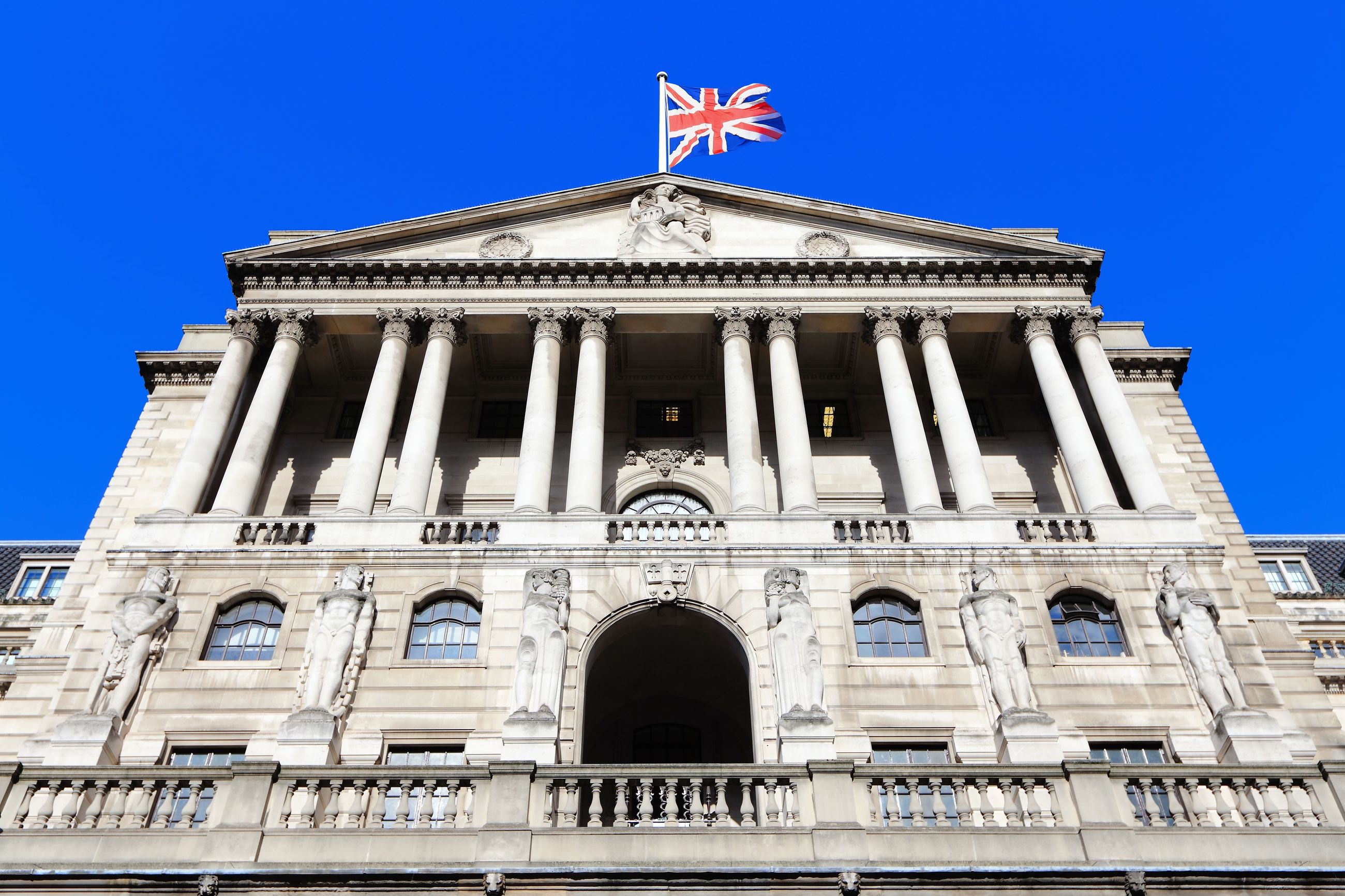Bank of England Governor Warns Against Risks of Deregulation Push
Key Takeaways
- No Trade-Off: Andrew Bailey said there is “no trade-off” between financial stability and economic competitiveness.
- Deregulation Risk: He warned that as memories of crises fade, pressure to deregulate grows, creating a risk of history repeating itself, echoing Hyman Minsky.
- Leeds Reforms Context: The remarks come as Chancellor Rachel Reeves advances the “Leeds Reforms” to loosen financial services rules to spur growth.
- Guardrails Matter: Bailey has opposed tearing up post-crisis ring-fencing and pushed back on perceived political interference in oversight, including a reported Revolut meeting.
- Productivity Claim Rebuttal: He rejected claims that tougher post-crisis rules caused weaker investment and productivity.
Deep Dive
Bank of England Governor Andrew Bailey has sounded a warning shot over efforts to roll back financial regulation in the name of boosting growth, cautioning that the risks of deregulation could lead to history repeating itself, according to a recent Reuters report.
Speaking in Amsterdam at an event hosted by the Dutch central bank, Bailey said he sees evidence of “a risk of history showing signs of repeating itself” as calls to strip back post-crisis safeguards gain momentum. He stressed that financial stability must remain central, telling the audience, “If the baby is thrown out with the bath water so to speak, and financial stability is relegated in terms of its importance, we won’t achieve our objectives.”
His comments come as Chancellor Rachel Reeves pushes forward with her so-called “Leeds Reforms” package, unveiled in July, which aims to loosen restrictions on the financial services industry in an effort to encourage more risk-taking and spur economic growth.
Bailey has repeatedly pushed back on elements of this deregulatory drive. Just a week after Reeves announced her reforms, he warned against dismantling ring-fencing rules that separate banks’ retail and investment arms, describing them as vital to protecting consumers. He also reportedly blocked a planned meeting led by Reeves to discuss the regulation of fintech firm Revolut, citing concerns over political interference in the Bank’s oversight process.
On Friday, Bailey invoked the work of economist Hyman Minsky, who argued that as time passes, memories of financial crises fade and the appetite for deregulation grows. Bailey suggested the current debate echoes the pre-crisis period, when deregulation was promoted as a path to competitiveness, only to end in systemic instability.
“I push back against arguments that post-crisis regulation caused the fall in productivity growth and weaker investment in the years since,” Bailey added, underscoring his belief that stability and growth are not in opposition but are mutually reinforcing.
The message highlights the ongoing tension between the UK government’s drive for competitiveness through deregulation and the Bank of England’s insistence that robust guardrails are necessary to prevent a repeat of the 2008 financial crisis.
The GRC Report is your premier destination for the latest in governance, risk, and compliance news. As your reliable source for comprehensive coverage, we ensure you stay informed and ready to navigate the dynamic landscape of GRC. Beyond being a news source, the GRC Report represents a thriving community of professionals who, like you, are dedicated to GRC excellence. Explore our insightful articles and breaking news, and actively participate in the conversation to enhance your GRC journey.
Sponsored by






.svg)

.svg)